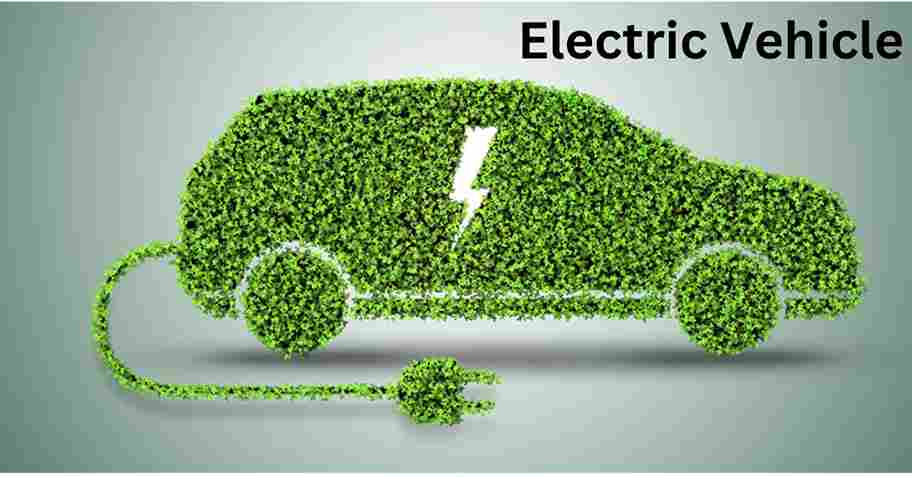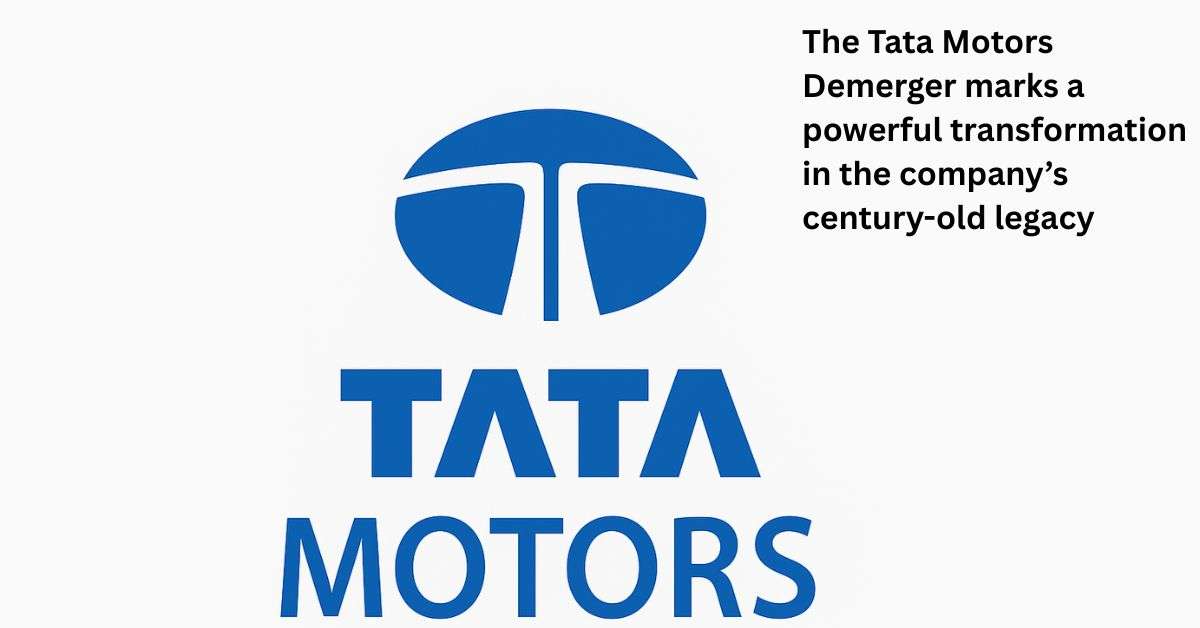In the fast-paced world of electric vehicles (EVs), innovation is key. Carmakers have been diligently working towards enhancing the safety and efficiency of EV batteries. Traditionally, lithium-ion (Li-ion) cells have been the go-to choice, but their inherent risks have led researchers to explore alternatives. One such promising innovation is solid-state cells, aimed at improving safety and performance in the EV industry.

Understanding the Need for Solid-State Cells
Carmakers were initially attracted to solid-state cells due to their potential to address a critical safety concern. Traditional Li-ion cells contain a liquid electrolyte made from organic solvents, making them highly flammable. In the unfortunate event of an accident or overheating during recharging, a damaged Li-ion battery can explode into flames. Solid-state cells, featuring a non-flammable, solid electrolyte, eliminate this risk, ensuring enhanced safety standards for EVs.
The Challenge of Efficiency: Toyota’s Endeavor
Even giants in the automotive industry, such as Toyota, faced challenges in harnessing the potential of solid-state cells. While a solid electrolyte alone doesn’t inherently boost battery performance, it serves as a catalyst for redesigning Li-ion batteries. By utilizing solid-state technology, Li-ion batteries can be made smaller, lighter, and more energy-dense, thus maximizing the energy storage capacity within limited space.
Unlocking the Potential: Broadening Material Choices
Solid electrolytes open doors to a wide array of chemical options, including polymers and ceramics. This flexibility allows engineers to experiment with different materials, enabling the creation of advanced Li-ion batteries. The ability to tinker with the battery’s composition and design is a significant advantage, paving the way for the development of next-generation EV batteries.
A Glimpse into the Future: The Evolution of Li-ion Batteries
The adoption of solid-state cells represents a pivotal moment in the evolution of EV technology. Not only do these cells enhance safety, but they also facilitate innovations in battery size, weight, and energy efficiency. Carmakers worldwide are investing heavily in research and development, aiming to bring solid-state battery-powered vehicles to the mainstream market.
Tata motor views for the electric vehicle industry
As part of its plan to further solidify its position in the rapidly expanding electric car industry, Tata Motors Ltd. is building dedicated showrooms in India that are intended to serve electric automobiles, according to Bloomberg.
“We believed that EVs needed a distinct brand identity and attitude. In the next quarters, we’ll begin pursuing exclusive EV dealerships,” said Shailesh Chandra, managing director of the company’s electric mobility and passenger car division.
Conclusion: Driving Towards a Safer and Efficient Future
In the quest for safer and more efficient Electric Vehicles, solid-state cells have emerged as a beacon of hope. By mitigating the risks associated with traditional Li-ion batteries and offering opportunities for groundbreaking advancements, solid-state technology is steering the automotive industry toward a greener, safer, and more sustainable future.
FAQs About Solid-State Cells in Electric Vehicles:
Are solid-state batteries the future of electric vehicles?
Yes, solid-state batteries hold great promise due to their enhanced safety features and potential for improved efficiency.
Can solid-state cells be used in existing electric vehicles?
Research is ongoing to adapt solid-state technology to current EV models, but it may take some time before widespread implementation.
Are solid-state batteries more environmentally friendly than traditional Li-ion batteries?
Yes, as they eliminate the need for hazardous liquid electrolytes, solid-state batteries are considered more environmentally friendly.
What challenges do carmakers face in adopting solid-state cells?
Carmakers encounter hurdles in optimizing the performance and cost-effectiveness of solid-state batteries for mass production.
When can consumers expect to see solid-state battery-powered vehicles in the market?
While research is advancing rapidly, it might take a few years before solid-state battery-powered EVs become widely available to consumers.
Open Your Demat Account with Discount Brokers:
ZERODHA 1) : https://zerodha.com/open-account?c=EJ4366
Angelone 2) : https://tinyurl.com/2gloc3g6 or
Upstox3): https://link.upstox.com/9w4tNo1rK8au7VK47








